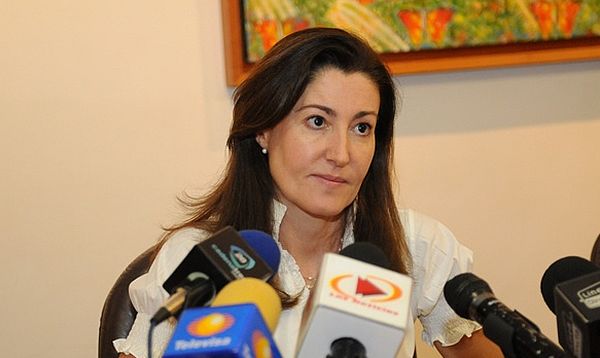Mexico City, Mexico – The United Nations Food and Agricultural Organization (FAO) said last Sunday that Mexico is advancing in making its fishing industry more sustainable and reducing incidental catches.
Incidental catch refers to fish caught in large nets by commercial fishermen that are not commercially sought after, and are not returned to the water.
FAO representative Nuria Urquía Fernández said that the country has managed to reduce the amount of "rough fish" caught by commercial fishermen, as this is one of the organization’s main fishing concerns in the region. She added that the Mexican Food Production Secretariat and the National Fishing Institute (Inapesca) have been working closely with the FAO to reduce incidental catches.
Urquía Fernández said that the FAO has established a code of conduct of better fishing practices, and that Mexico has received an award in its efforts in preventing incidental catch, including the freeing of dolphins caught in tuna nets.
The Inapesca Director, General Raúl Adán Romo Trujillo, said that a general interest exists to ensure that the commercial fishing industry does not generate a negative environmental impact where ships operate, adding that his institute has worked on the design of new fishing methods and equipment to avoid incidental catch and allow for the freeing of non-targeted fish.
FAO Fisheries and Aquaculture representative Suuronen Petri said that his organization’s joint project with the Latin American and Caribbean region has the objective of promoting the regulation of fishing on a global level.
Petri said that the Global Environmental Fund — a fund with a 2014 budget of $6 million — is how the FAO promotes projects oriented to improving fishing practices with the goal of making them sustainable.
National Aquaculture and Fishing Commission director Adrián Salgado Vargas said that Mexico already has a legal framework in place that has promoted a sustainable fishing industry, a greater availability of seafood products, and a continued job flow in the commercial fishing industry.
Vargas said that an example of this increased sustainability is the mandatory use of turtle excluder devices, which allows animals larger than 4 inches to escape capture.
Original Story


